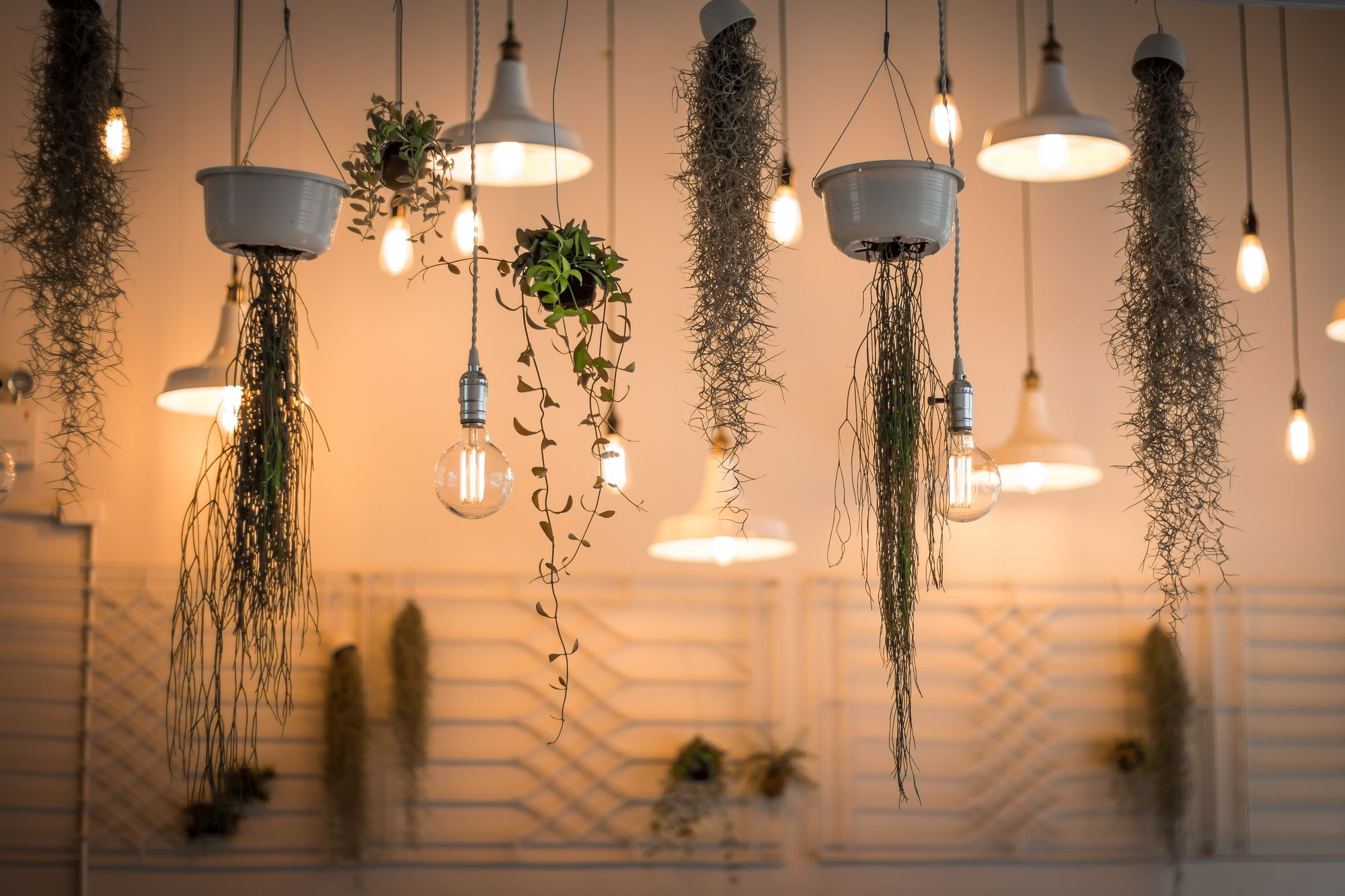Lighting can be the difference between a dull living space and one that feels alive and inviting. From lamps and fixtures to bulbs, there’s so much you can do to give your home a warmer and more comfortable feel. But how do you know what will work best for your space? In this blog post, we explore the different types of lighting available, as well as tips to help you get the most out of your lighting setup. Read on to learn more about how to make your house look brighter and feel better in no time!
The Different Types of Lighting
There are three main types of lighting: ambient, task, and accent. Ambient lighting is the general lighting for a room and is usually provided by overhead fixtures. Task lighting is used to illuminate areas where specific activities will take place, such as desks, countertops, and vanities. Accent lighting is used to highlight features in a room, such as paintings or architectural details. Keep in mind that each type of lighting can be used in combination with the other lighting types to create a layered look. When it comes to outdoor lighting, the main categories are security, landscape, and decorative lighting. First of all, security lighting is used to deter intruders and provide safety. Landscape lighting is used to illuminate walkways, gardens, trees, and other outdoor features. Finally, decorative lighting adds beauty and character to an outdoor space.
How to Choose the Right Lighting for Your Home
1. Consider the purpose of the room
Every room in your home or garden serves a different purpose, so it's important to choose lighting that is appropriate for that particular space. Task lighting is best suited to rooms where you need more focused light, like a home office or kitchen. Whereas lighting a summerhouse, for example, is more about creating plenty of ambient light for hobbies or reading.
2. Think about the mood you want to create
Consider the mood you want to create. The type of lighting you choose can also help set the tone and atmosphere of a room. So if you're looking to create a more relaxed and cozy vibe, consider softer and warmer lighting options.
3. Take into account the natural light
One of the best ways to brighten up a space is to make use of natural light sources whenever possible. If a room has plenty of windows, take advantage of that by choosing lighter colors for window treatments and furniture to help reflect light around the room.
4. Enhance Dining Ambiance with Strategic Lighting
A well-lit dining table is central to a welcoming dining atmosphere. It’s crucial to balance ambient room lighting with focused over-table fixtures, such as pendant lights or chandeliers, which illuminate the meal and draw guests together. This focused lighting, complemented by adjustable options like track lights, transforms the dining experience, creating a harmonious blend of functionality and style.
5. Use multiple light sources
Another great way to improve the lighting in your home is to use multiple light sources throughout each room. This can include overhead lights, lamps, sconces, and even candles. By using different types of light sources, you can create a more well-rounded and inviting space.
6. Consider the style of your home
Last but not least, it's important to choose lighting that fits in with the overall style of your home. Whether you prefer a modern, traditional, or eclectic look, there are plenty of lighting options to suit any aesthetic.
The Benefits of Good Lighting
There are many benefits to having good lighting in your home. Good lighting can improve the look of your home, make it feel more inviting, and even help you save money on your energy bill. One of the main benefits of good lighting is that it can help to improve the look of your home. Good lighting can make a room look bigger, brighter, and more inviting. It can also help to show off your home’s best features and accentuate any architectural details.
Another great benefit of good lighting is that it can make your home feel more inviting. When the space is well-lit, it feels warm and welcoming. This is especially important in entryways and living areas where you want to create a cozy atmosphere.
Lastly, good lighting can also help you save money on your energy bill. Energy-efficient light bulbs use less electricity than traditional incandescent bulbs, so you’ll see savings on your monthly bill. And if you have solar panels installed, proper lighting can maximize their efficiency by ensuring that they’re getting enough sunlight exposure during the day.
Keep in mind that the quality of your lighting is just as important as the quantity. Start by finding the right bulbs and fixtures to create the atmosphere you want in each room. Then, use dimmers or switch to LED lights when you need less light to save energy and money.
Lighting is an essential part of any home and can have a huge impact on its overall feel. By making sure you are using the right light fixtures in every room, you can create a great atmosphere that will make your house look and feel amazing. With this guide to home lighting, we hope that you now have all the information necessary to choose the right fixtures for your needs and get the best possible lighting for your house.

